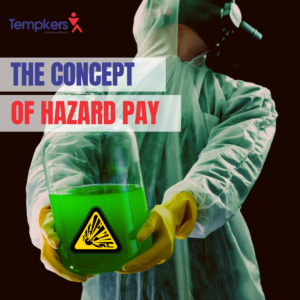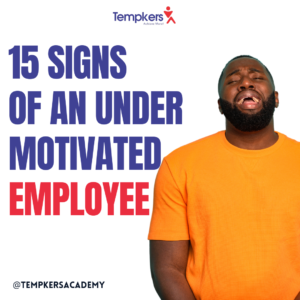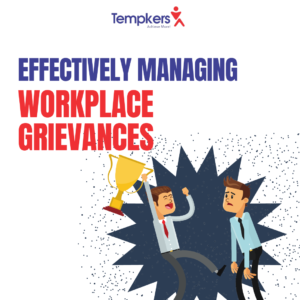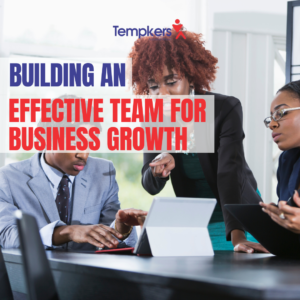
Making Critical Manpower Decisions
One critical decision every HR professional is faced with is ensuring that the manpower needs of a company is met. This means that we have

Problem-solving skills help you determine the source of a problem and find an effective solution. Although problem solving is often identified as its own separate skill, there are other related skills that contribute to this ability.
These are:
Creativity is said to be the mother of every invention, to solve problem we need to be creative around such problem so as to come up with the best way to tackle it Problems are usually solved either intuitively or systematically. Intuition is used when no new knowledge is needed – you know enough to be able to make a quick decision and solve the problem, or you use common sense or experience to solve the problem.
While complex problems require a more systematic and logical approach to solve, and for these you will need to use creative thinking.
Researching is an essential skill related to problem solving. The major aim of every research is said to solve a particular identified problem and having an in-depth knowledge of the problem is only possible through research this may be a simple Google search or a more rigorous research project all aimed at providing solution to a particular problem.
As a problem solver, you need to be able to identify the cause of the issue and understand it fully. You can begin to gather more information about a problem by brainstorming with other team members, consulting more experienced colleagues or acquiring knowledge through online research or courses.
Team building is the process of improving a team’s collaboration, which should lead to better team performance. There are many ways to build teams effectively.
Each method of team building comes with its own team building activities that bring coworkers closer together with shared experiences.
Problem-solving activities are an effective method of team building. You may often form teams to address complex problems in the workplace.
However, there can be competition, stress and limits on how your team members work together. Plus, many team members have loose connections with each other and have few formative shared experiences.
By moving the team outside the office, but focusing on problem-solving as a team, you can build stronger connections and practice better collaboration without the stressors of the office.
This is one very vital skill set needed to solve problem because the ability to recognize your emotion and that of others will help guide you to an appropriate solution because the impact and solution it would have on others will be easily recognize.
Emotional intelligence can be developed into a powerful problem-solving tool. When problems arise between individuals, all individuals want to “win”. Through the use of emotional intelligence skills, individuals can handle relationships more effectively, have more empathy, be more aware of emotions and be able to collaborate with others to develop a win-win solution.
Solving a problem involves a certain amount of risk – this risk needs to be weighed up against not solving the problem. To be an effective problem-solver, you need to be systematic and logical at the same time.
When you solve problems, you help others make more effective decisions that can improve their personal or professional lives. And as you increase your problem-solving skills, you also increase your own confidence and value as an expert.
Problem solving and decision making are closely related skills, and making a decision is an important part of the problem-solving process as you will often be faced with various options and alternatives.
Problem-solving skills help you determine why an issue is happening and how to resolve that issue. It’s one of the key skills that employers seek in job applicants. Problem-solving starts with identifying the issue, coming up with solutions, implementing those solutions, and evaluating their effectiveness

One critical decision every HR professional is faced with is ensuring that the manpower needs of a company is met. This means that we have

What is Hazard pay? This is a payment that is made in addition to a worker’s regular salary as a bonus for accepting a job

Have you ever driven your car on 2,3 or 4 flat tires for 10 kilometres ? How did it feel? What was the impact of

Your ability to effectively manage Grievance, can make you a star In a workplace grievances must happen, your ability to effectively manage them makes you

Every CEO desires to have a dream team. People who would come together and give their best to running and growing the business. Most times

In this HR series, we will be discussing FORECASTING How many eyes do you have? Many years ago as children, we were playing hide and
WhatsApp us